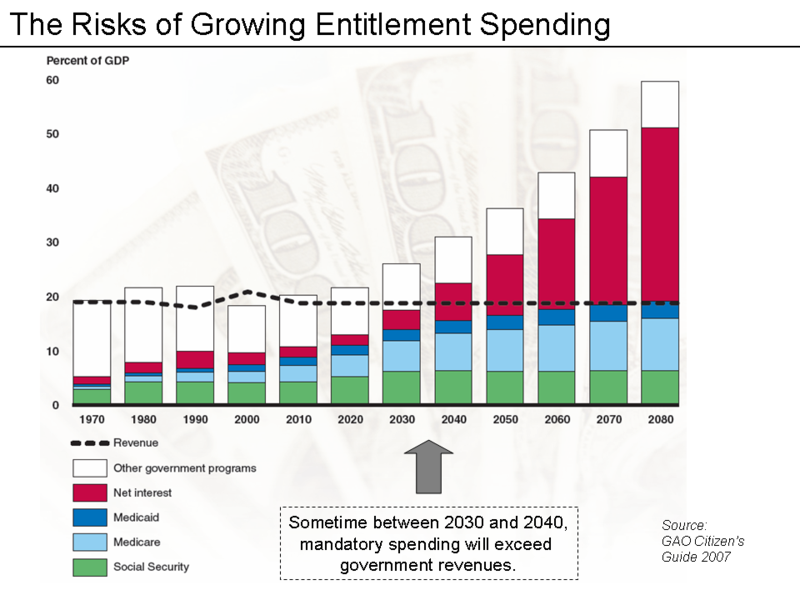It seems like we’re all becoming economists now. You’ve got Marc Andreessen, a technologist with no economics degrees, engaging in a credible debate with one of the greatest living economists, Larry Summers. Then there’s Peter Thiel, who received his B.A. in Philosophy from Stanford, pontificating about monopolies and the size of government. The 700-page tome Capital in the Twenty-First Century was a best-seller, a book that no one actually read in its entirety and was roundly debunked by leading economists, but at least it will have a productive future as a doorstop or paperweight.
It would seem that up until a decade or so ago, the only people who really cared about economics or had an opinion about it were economists. Now it’s everyone and everywhere. Pretty much every online discussion from subjects pertaining to things like debt, to student loans, to wages seems to bring out everyone’s inner economist, but like self-published ‘5-star’ Amazon novels, some things are best kept to oneself (although Thiel and Andreessen are correct, they are in the minority).
From Wikipedia, Eliminative materialism (also called eliminativism) is a philosophy of mind that claims people’s common-sense understanding of the mind (or folk psychology) is false and that certain classes of mental states that most people believe in do not exist. Some eliminativists argue that no coherent neural basis will be found for many everyday psychological concepts such as belief or desire, since they are poorly defined. Rather, they argue that psychological concepts of behaviour and experience should be judged by how well they reduce to the biological level.
Eliminative materialism does seem valid in countering the recent plethora of dubious pop-social science research (Gladwell,Daniel Kahneman, Ariely, Taleb, etc) that denies individual cognitive exceptionalism – a denial characteristic of liberal egalitarianism and leveling in that no one better than anyone else, and if someone is better it’s because of an unfair environmental advantage, not genes. Compare that to Pinker, Murray, and Harris and the like.
It also applies to how most people think of economics. Not surprisingly, due to the recent popularization of macroeconomics there are a lot of misconceptions being propagated such as the belief that America’s debt is unsustainable or that wealth inequality is bad for the economy. Anyone who says America’s debt is a crisis waiting to happen probably doesn’t understand modern macroeconomic principles, is in denial, or is blinded by some ideology. The libs who whine about slow growth and the debt don’t realize that slow growth lowers interest rates, creating a flight to America’s reserve currency and therefore making the debt more manageable. Second, they don’t understands that the debt can also be inflated away with high economic growth. Third, America’s $15+ trillion debt balance will never actually come due at once; instead, it is simply rolled over in perpetuity and only a small interest fee is paid. Despite the debt being at record highs, thanks to low rates and the global flight to safety, relatively speaking, the US is paying record low interest on its debt, going as far back as the 1940’s:


Other libs blame military spending, unaware or in denial that entitlement spending is the real problem:

Growth in entitlement spending far outpaces defense:
The next big misconception is wealth inequality and how, according to the left, it’s supposed to be bad for the economy.
From Oxfam: Richest 1% Will Own More Than All The Rest By 2016
The combined wealth of the world’s richest 1 percent will overtake that of everyone else by next year given the current trend of rising inequality, warned relief and development organization Oxfam America today ahead of the annual World Economic Forum meeting in Davos.
As mentioned earlier, the wealthy become wealthy for the economic value they create both directly and, most importantly, indirectly. Democracy and capitalism are not necessarily mutuality inclusive, and America was never intended to be a direct democracy. For years, the left has predicted, to no avail, the rising wealth inequality would be bad for the economy, and yet all economic data such as consumer spending, profits & earnings, and exports keeps being better than ever. Countries that have less inequality (EU nations, Japan) have had worse economic performance than the US post-2009. This is discussed in further detail including debunking austerity, which left wrongly blames for Europe’s sluggish economic performance.
